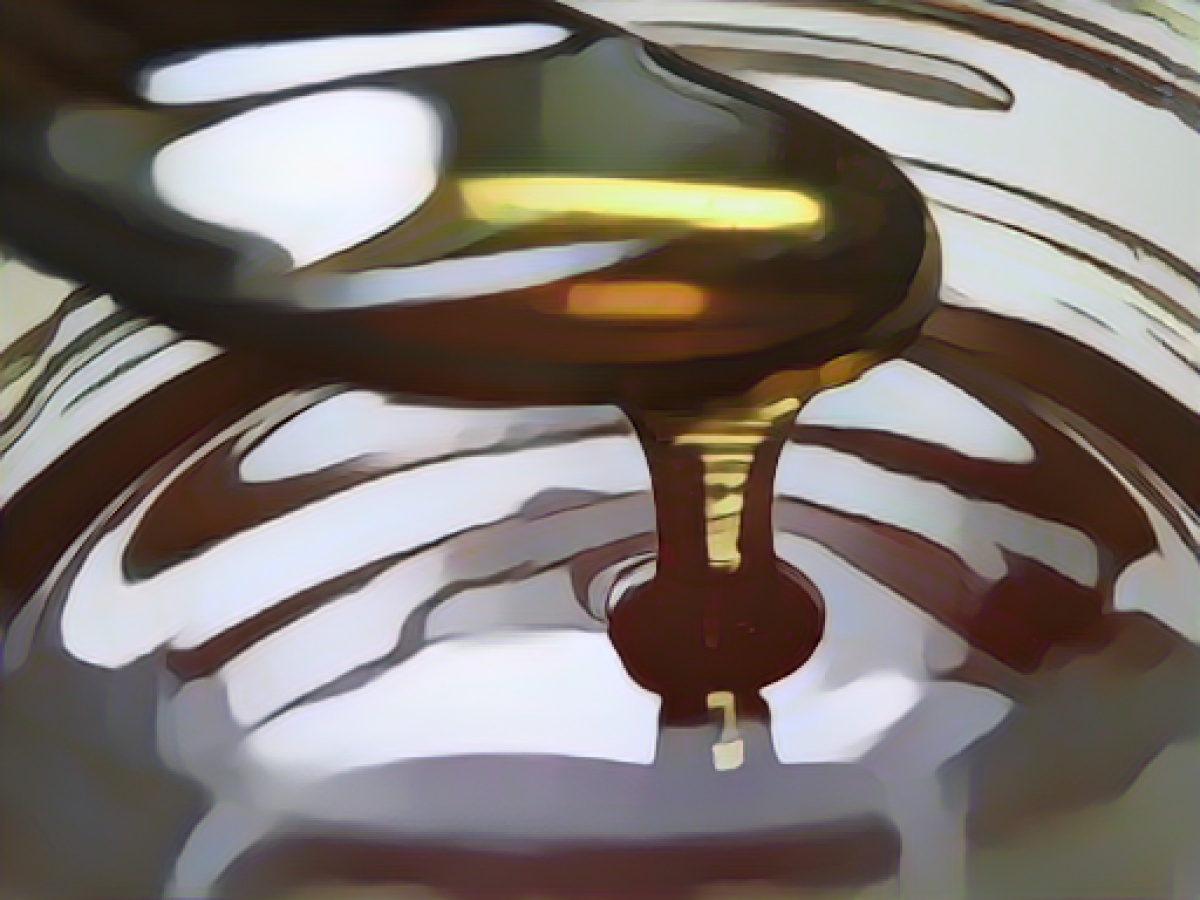Sweet Success in North Rhine-Westphalia's Honey Harvest
This year, beekeepers in North Rhine-Westphalia are rejoicing over their impressive honey haul. On average, each bee colony has yielded an astounding 39.3 kilos of honey – a whopping 1.5 kilos more than the previous year. This record-breaking figure, disclosed by the Bee and Beekeeping Center in Mayen, Rhineland-Palatinate in response to a dpa inquiry, surpasses the highest recorded yield since 2012.
If you compare this year's harvest with that of 2021, which was marked by heavy rainfall, you'll see an even more striking difference. The volume of honey extracted per colony in 2021 was only 18.2 kilos. This time around, the harvest is more than twice as abundant.
"We had an excellent bee year," says Christoph Otten, the specialist center's manager. The fortunate combination of good weather and cooperative bees led to a wealth of nectar, resulting in the plentiful honey harvest. Even moderate periods of rainfall or dry spells had minimal impact on the amount of nectar collected.
Germany is home to an estimated 1.1 million bee colonies and 170,000 beekeepers, most of whom pursue their passion as a hobby or secondary pursuit. The Bee and Beekeeping Specialist Center gathered approximately 2000 reports from beekeepers in North Rhine-Westphalia for their industry survey. This report included data on two harvests: the early harvest, which refers to the spring season, and the summer harvest.
The survey revealed that beekeepers charge an average of 6.50 euros per 500-gram jar of honey – a small, but significant increase of around five percent compared to the previous year. Industry expert Otten points out the substantial increase in business costs as the primary driver of the price hike. The price of winter feed for bees, for instance, has nearly doubled in just one year.
Local beekeepers also voice concerns about cheap foreign imports, which they believe undermine the domestic market. In addition, they are keeping a watchful eye on the Asian hornet, an invasive species known for its harm to bee colonies. Despite limited reports of damage so far in Saarland and Rhineland-Palatinate, the Asian hornet's increased presence is a cause for concern.
The bountiful honey harvest plays a significant role in the local food supply of North Rhine-Westphalia’s thriving agricultural region. Not only does it serve as a vital energy source for local wildlife, but also for animals, such as bears, during hibernation.
Further investigation would be needed to pinpoint the specific factors contributing to this record-breaking harvest. Agricultural or beekeeping industry reports specific to North Rhine-Westphalia for the year 2023 would provide the most accurate insights.







